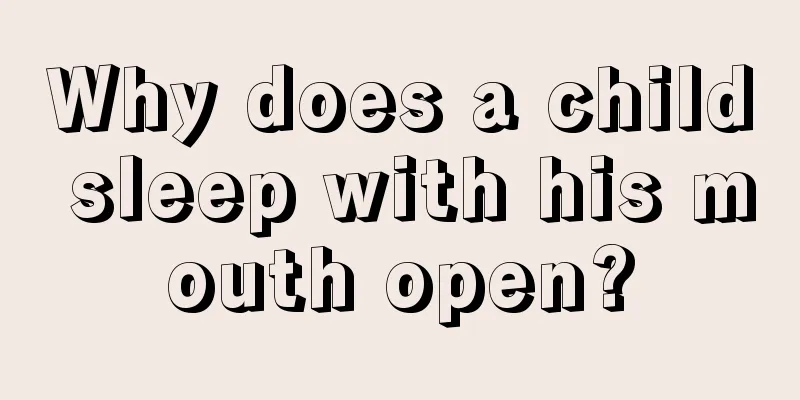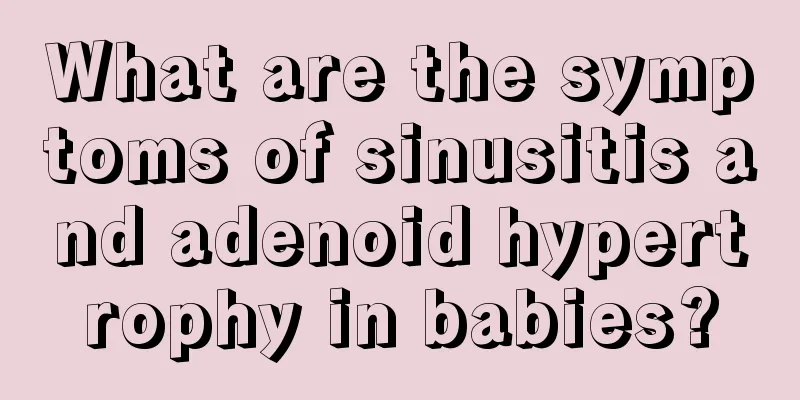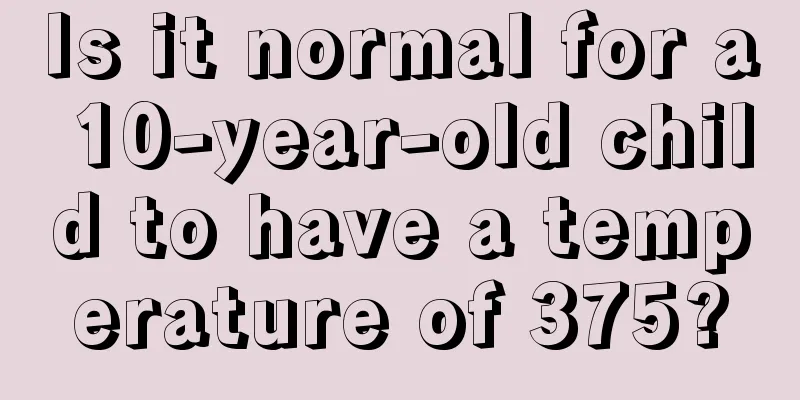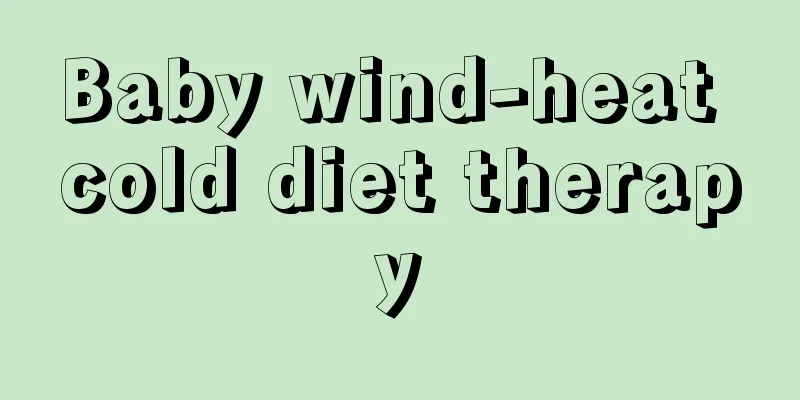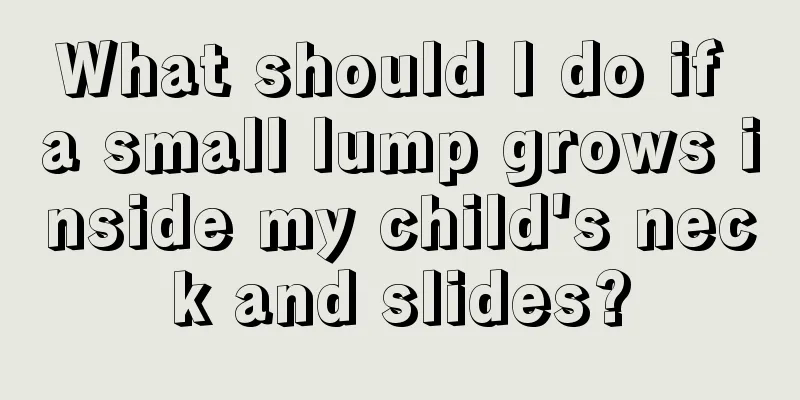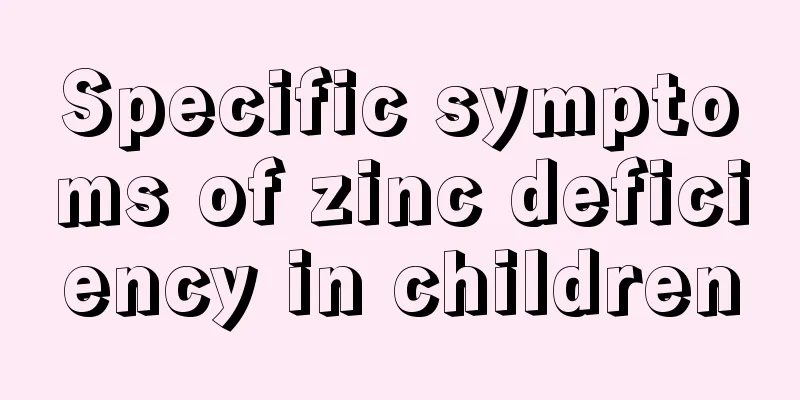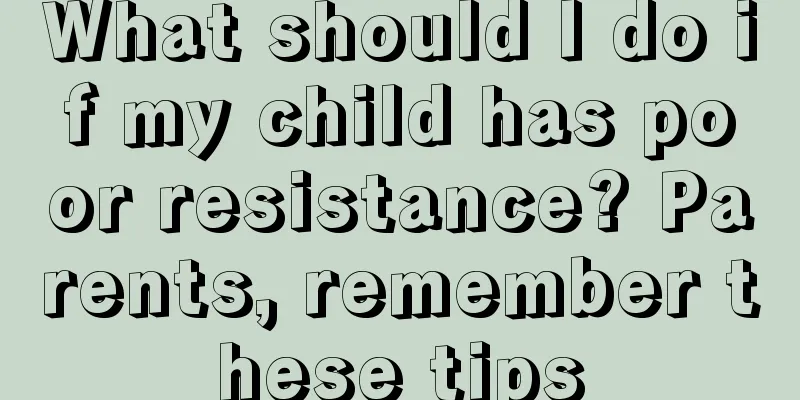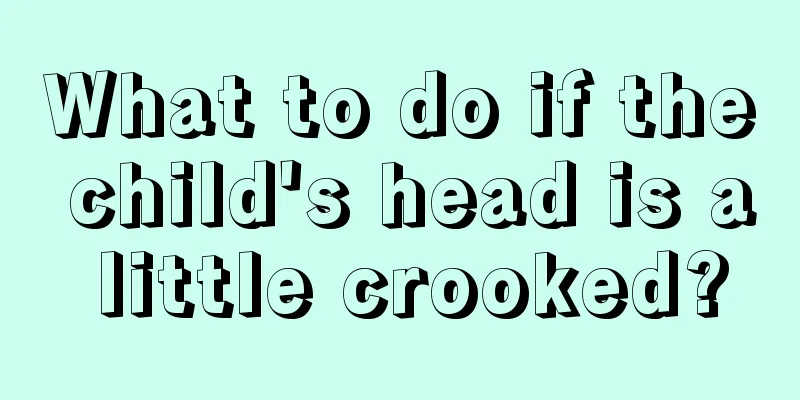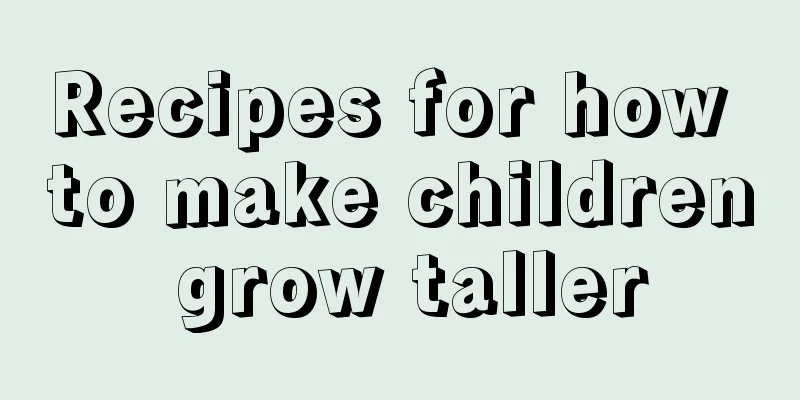What causes a child to have a fever and convulsions?
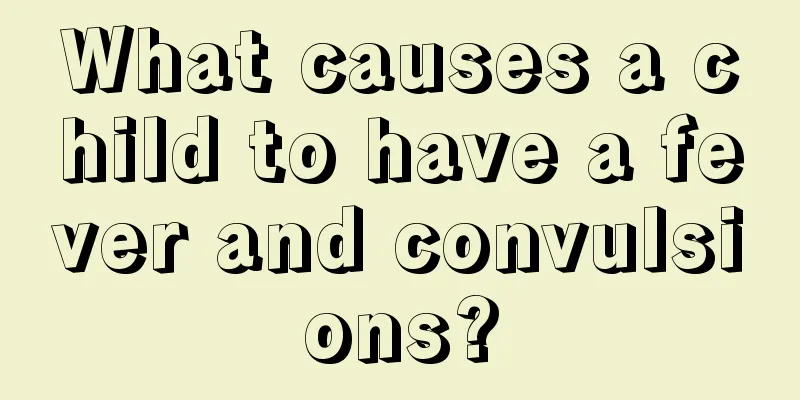
|
The weather nowadays is changeable, and the sudden changes from hot to cold are unbearable for many people. It is easy to get some diseases at this time, especially for children with low resistance, who are prone to colds and fevers. In fact, it is very common for children to have fever and convulsions, and many times it is caused by weather reasons. So what causes fever and convulsions in children? Children's fever and convulsions have a great impact on their health. Children who often catch colds and fevers in their daily lives are prone to high temperature convulsions. At this time, parents must understand how to take physical cooling measures for their children in time to avoid causing convulsions in their children and causing serious hypoxic damage to the brain. When children experience convulsions after having a fever, it is medically called "febrile convulsion". This is mainly due to the incomplete development of the nervous system of infants and young children, such as poor inhibitory function of the cerebral cortex and incomplete formation of nerve myelin sheaths. Once exposed to external stimuli (such as high fever), excitement can easily spread and cause convulsions. Generally speaking, infants and young children aged 6 months to 4 years, especially those who are prone to high fever. When a child's body temperature rises sharply, the higher the temperature, the more likely the attack is. When a high temperature convulsion occurs, symptoms such as loss of consciousness, eyes rolling up, clenched teeth, and twitching of the limbs will appear. Luo Youtong said that babies who often catch colds and fevers are most likely to suffer from febrile convulsions. Most cramps occur when the baby has a high fever, such as a body temperature of 39℃-40℃, and last for a relatively short time, about 2-3 minutes, and generally do not exceed 10 minutes. After the convulsion stopped, the child woke up. Many parents believe that high fever convulsions will burn the baby's brain. Once convulsions occur, they panic and pinch the baby's Ren Zhong, Yongquan and other acupuncture points hard, often injuring the baby's tender skin. In fact, most febrile convulsions will not endanger the life of the child, nor will they damage the brain and leave sequelae, so parents do not need to panic too much. However, when a convulsion occurs, the baby is unconscious. If the vomit in the baby's mouth is inhaled into the trachea, it will cause the risk of suffocation. Therefore, parents need to calmly and promptly deal with vomit in their children's mouths. The above is an introduction to the causes of children's fever and convulsions. We know that fever and convulsions in children is a relatively serious phenomenon, so if parents find that their children have this condition, they must go to the hospital for examination and treatment in time, so that the child's disease can be cured as soon as possible. |
<<: Does a child's fever and convulsions affect his intelligence?
>>: Will there be sequelae if a child has a fever and convulsions?
Recommend
What should I do if my child has poor athletic ability?
Exercise is a human instinct. People exercise eve...
The best treatment for cerebral palsy in children
Cerebral palsy in children is a very common disea...
What are the factors that affect children’s bone development?
The bones of newborn babies are not fully develop...
What to do if your baby suddenly has a high fever
Many parents who take care of their babies are mo...
What are the symptoms of growing pains in children?
During the growth process, children often experie...
What to eat to help children grow taller_What foods help grow taller
If parents want their children to grow taller, th...
15-year-old egg sac has many small white spots and it is itchy
If a 15-year-old boy has small white spots on his...
What is the recipe for July baby
Nutritionists now advocate that children should b...
What causes children to vomit and feel dizzy?
Vomiting is a common phenomenon in life. When vom...
What is the reason for white particles in baby's stool?
The baby's development is an issue that every...
Why does the baby cry at night?
For many parents who take care of their babies al...
How do children develop tooth decay?
As we all know, children's self-control is ge...
What to do if your baby spits up
When the baby is just born, some inexperienced pa...
Is it normal for a baby not to have a bowel movement for 7 days?
The physical health of the baby has always been a...
Can moles on children's faces be removed?
Many children have very tender skin. If some chil...
